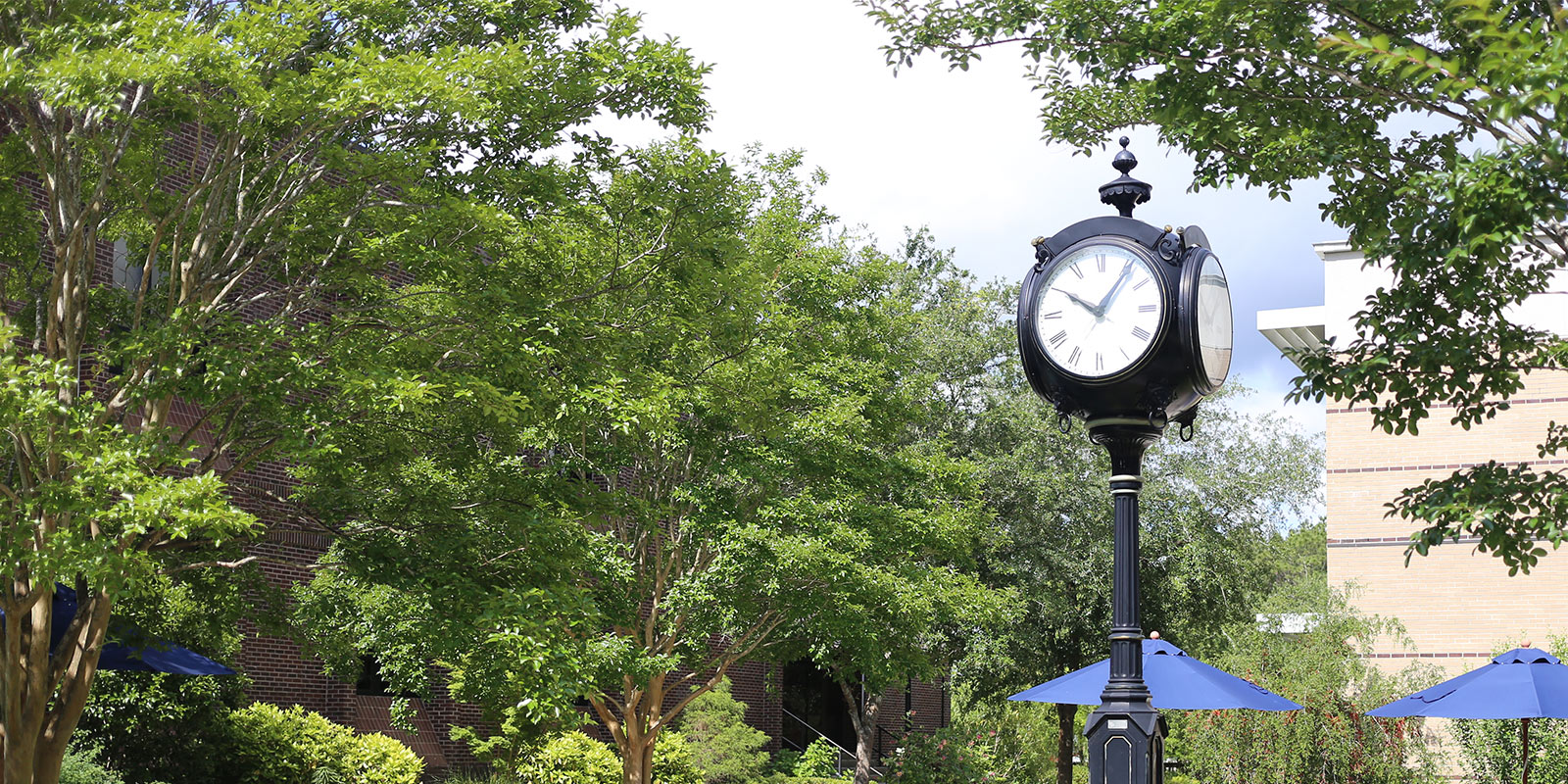Lecture: 3 Lab: 0 Clinic: 0 Work: 0 Credits: 3
Education
Lecture: 3 Lab: 0 Clinic: 0 Work: 0 Credits: 3
Education
Lecture: 3 Lab: 0 Clinic: 0 Work: 0 Credits: 3
Lecture: 3 Lab: 0 Clinic: 0 Work: 0 Credits: 3
Education
Lecture: 3 Lab: 0 Clinic: 0 Work: 0 Credits: 3
Education
Lecture: 3 Lab: 0 Clinic: 0 Work: 0 Credits: 3
Education
Lecture: 3 Lab: 0 Clinic: 0 Work: 0 Credits: 3
Education
Lecture: 3 Lab: 0 Clinic: 0 Work: 0 Credits: 3
Education
Lecture: 3 Lab: 0 Clinic: 0 Work: 0 Credits: 3
Education
Lecture: 3 Lab: 0 Clinic: 0 Work: 0 Credits: 3


